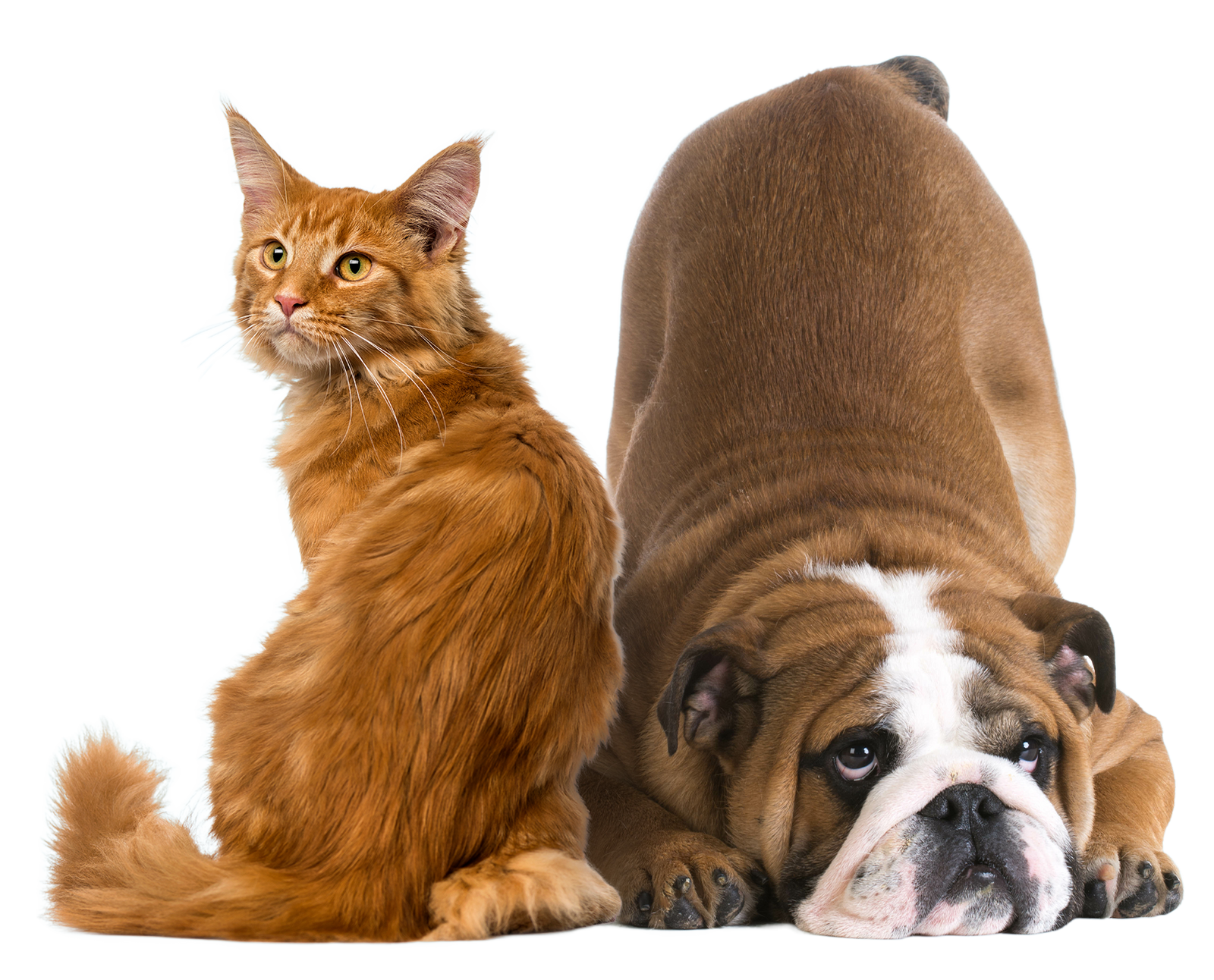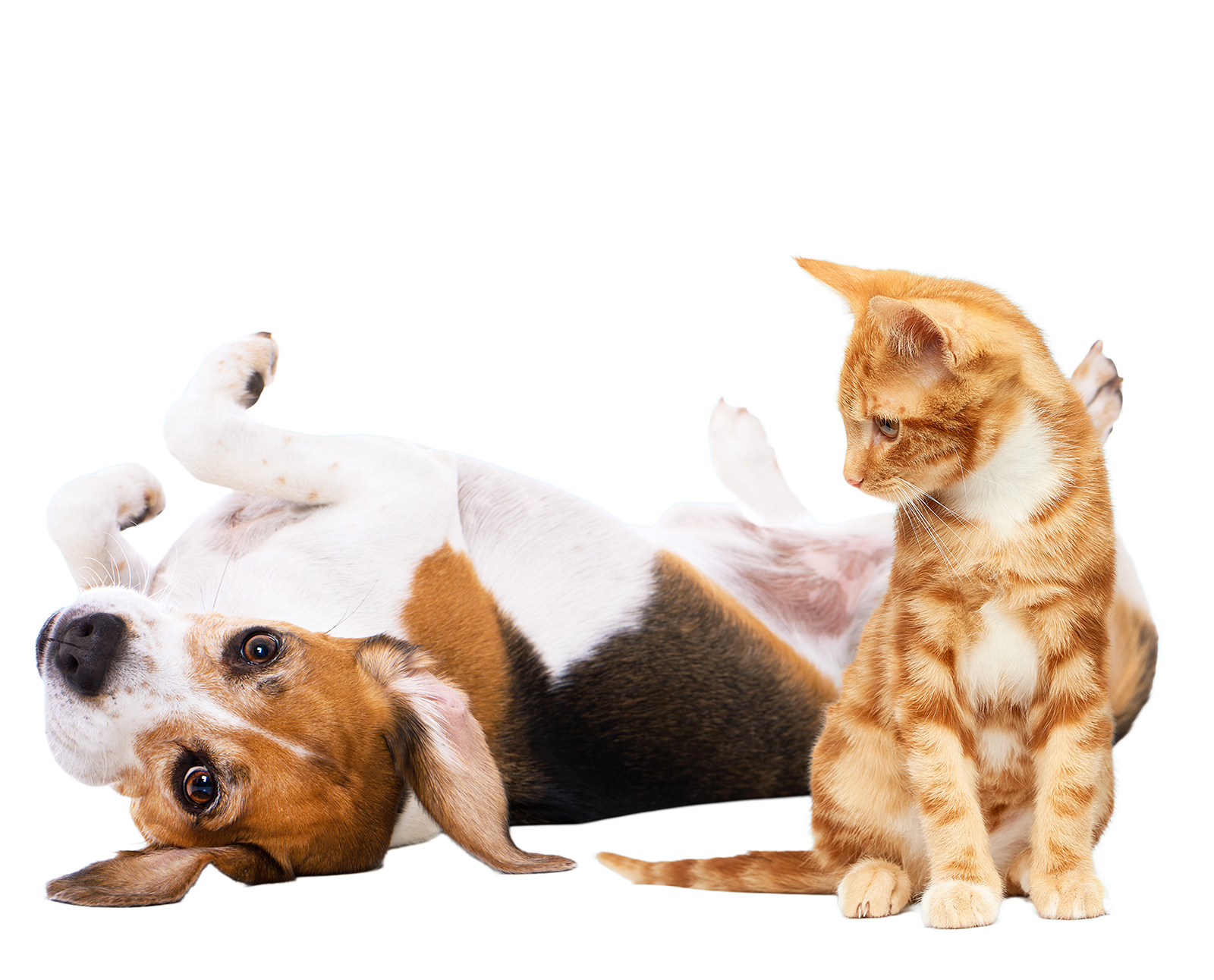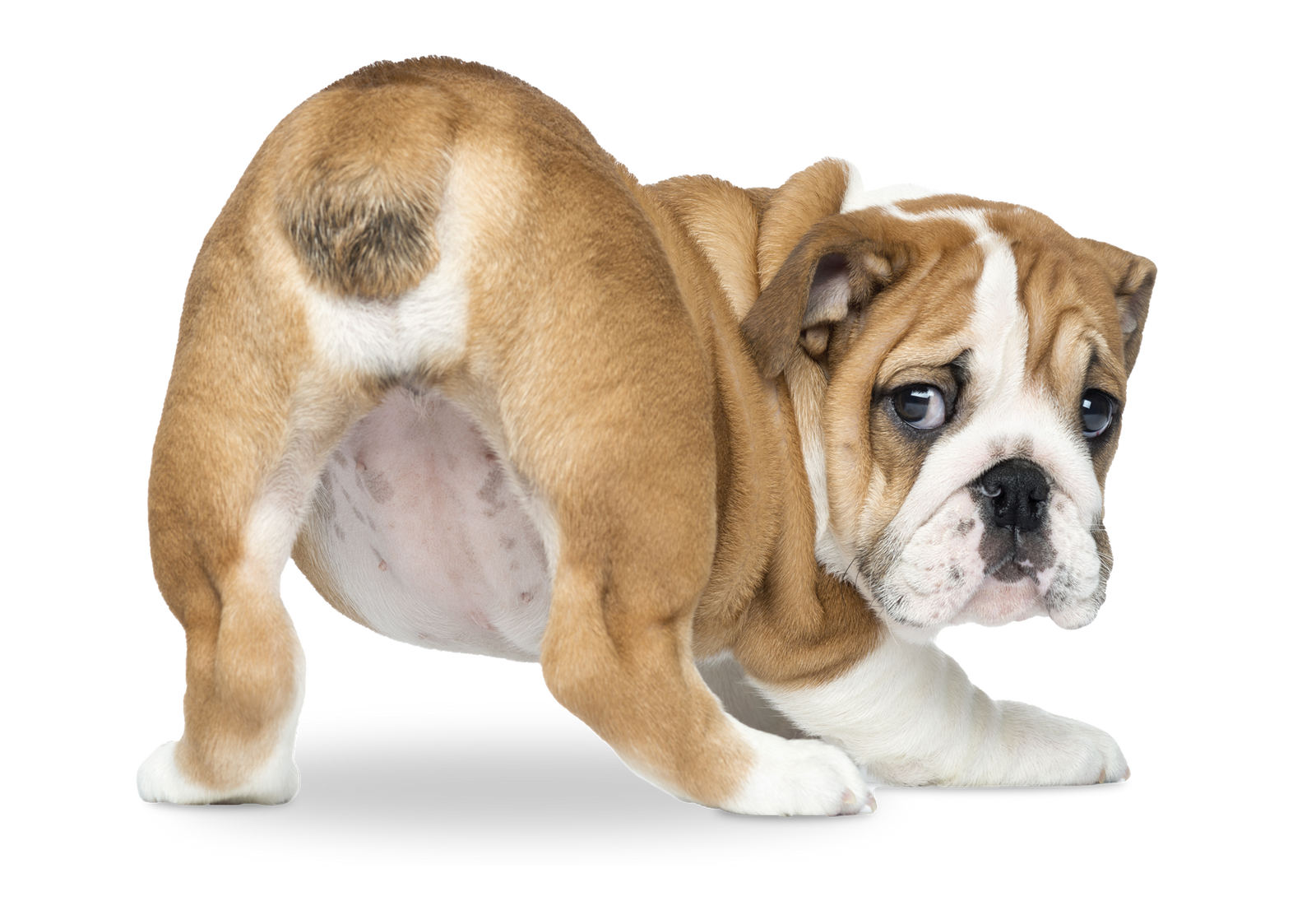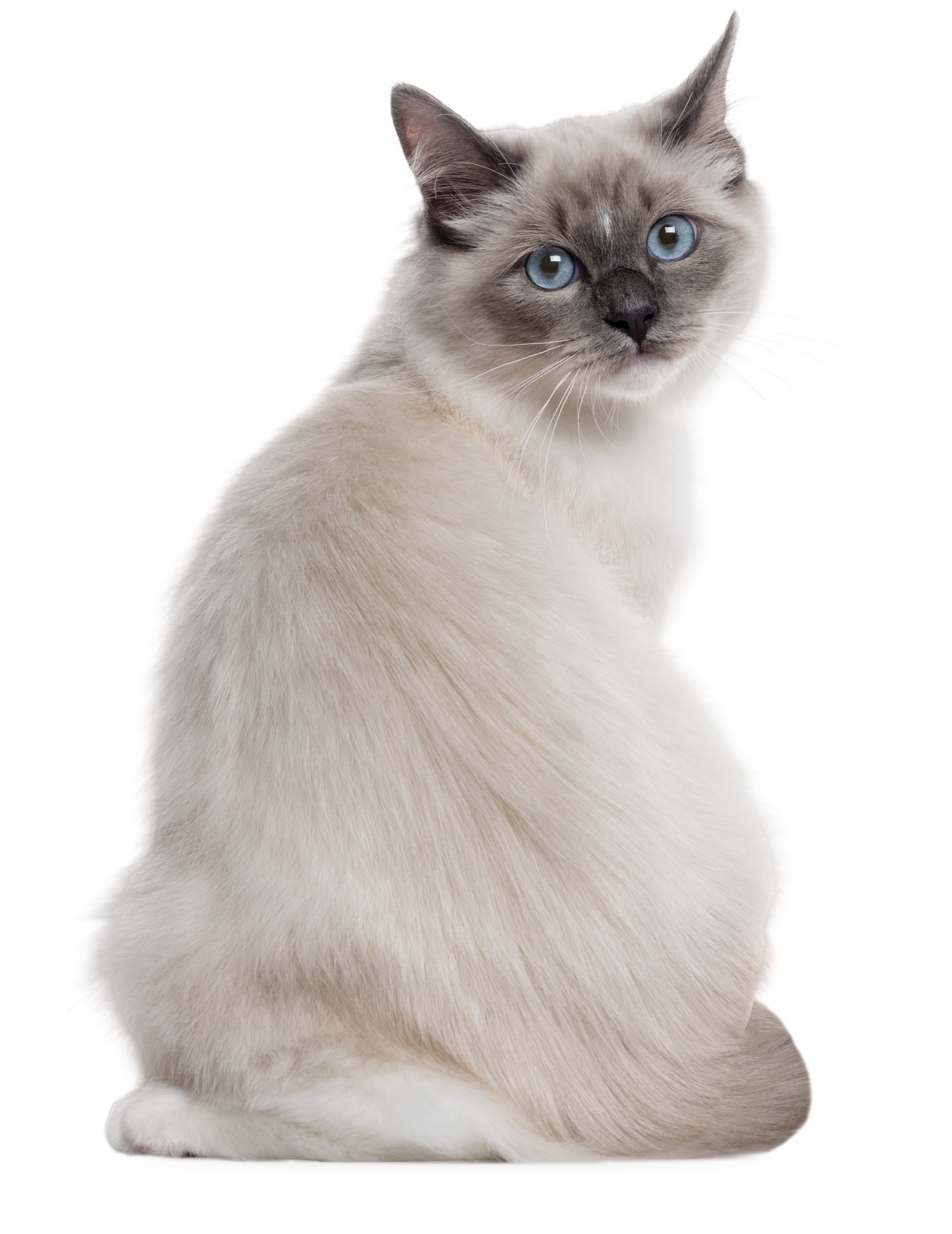Cat Anal Glands Information
Everything Cat Parents Need to Know About Their Cat's Anal Glands
Cat Anal Gland Background
DO CatS HAVE Anal Glands
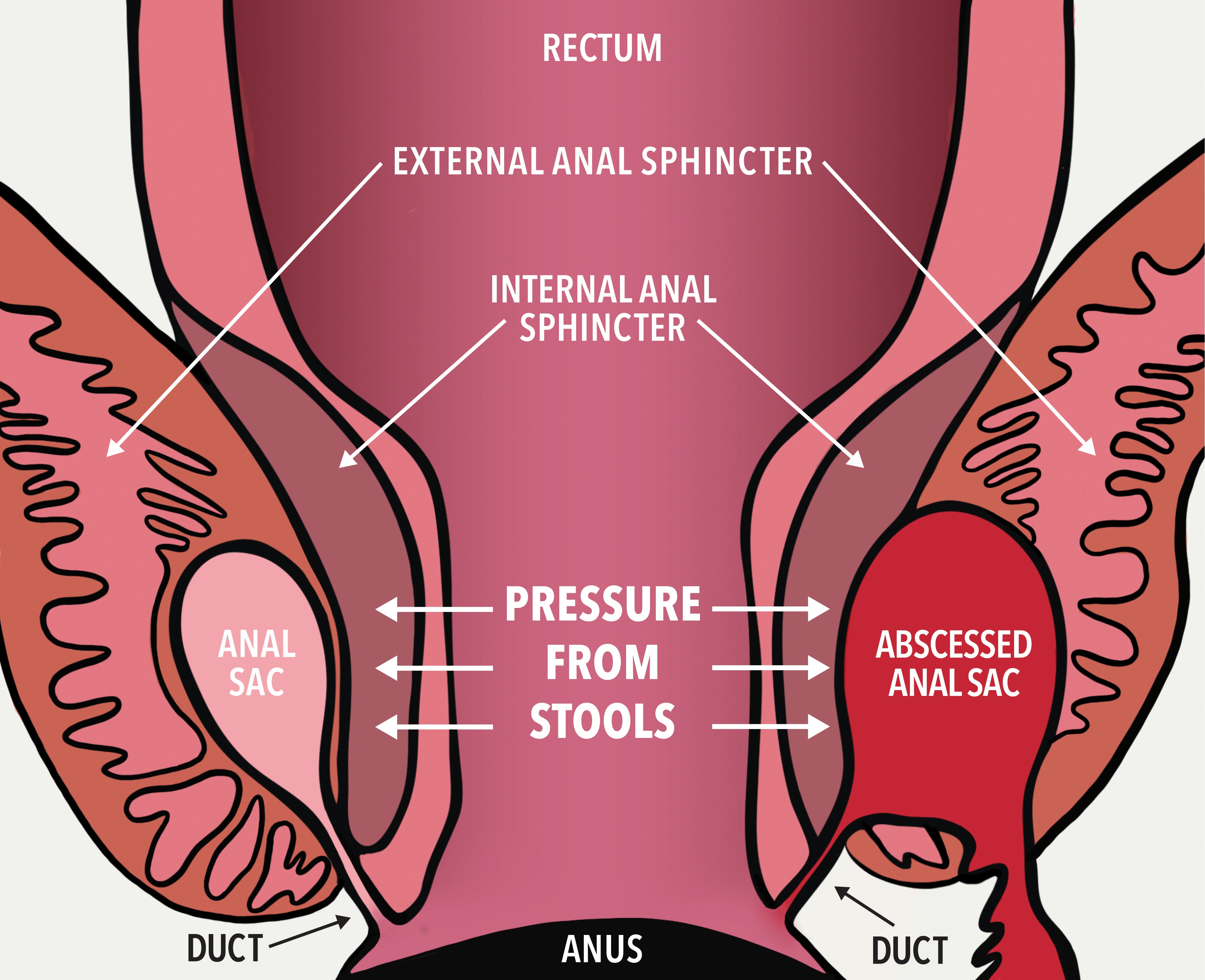
Cat Anal Gland Purpose & Function
Signs and Symptoms of Cat Anal Gland Problems
Excessive licking of the anal area and hind end: All cats normally clean themselves, the discomfort of anal gland inflammation or infection will cause cats to repeatedly interrupt their activities to lick themselves.
Scooting: This behavior is typical when a cat is trying to ease itching in the rectal area. The cat sits on the ground and pulls their body forward with their front paws, so that their hindquarters "scoot" along the floor.
Defecating outside of the litter box: While this is usually caused by the cat's objection to some aspect of their litter box, it can also indicate discomfort or constipation due to anal gland inflammation.
Foul odor: A healthy cat should not have any unpleasant body odors. Noticing a bad smell is a red flag that there is a potential problem with your cat’s anal glands.
Redness or swelling of the anal glands: While the other symptoms on this list can have many causes, a visible inflammation of the glands is a tell-tale sign. The anal glands are located on either side of the rectal opening. Thinking of the area like a clock face, the anal glands are at the 4:00 and 8:00 positions.

Treatment & Prevention of Cat Anal Gland Problems

Glandex® works in multiple ways to support healthy anal glands in cats.
- Formulated with a unique fiber blend, Glandex® helps to bulk and firm your cat’s stools to help support natural emptying of your cat’s anal glands every time they defecate.
Contains other key ingredients including omega fatty acids to help support a healthy inflammatory response and help maintain normal histamine levels in cats with underlying allergies.
- Glandex® also contains probiotics and digestive enzymes to support a healthy GI tract and stools to further support healthy anal glands.
- Formulated with a unique fiber blend, Glandex® helps to bulk and firm your cat’s stools to help support natural emptying of your cat’s anal glands every time they defecate.
Contains other key ingredients including omega fatty acids to help support a healthy inflammatory response and help maintain normal histamine levels in cats with underlying allergies.
- Glandex® also contains probiotics and digestive enzymes to support a healthy GI tract and stools to further support healthy anal glands.


